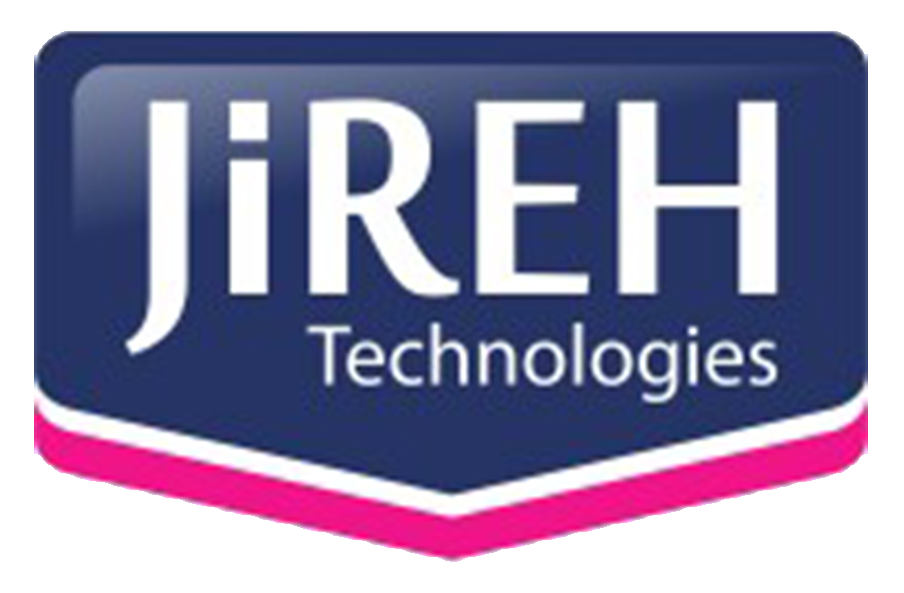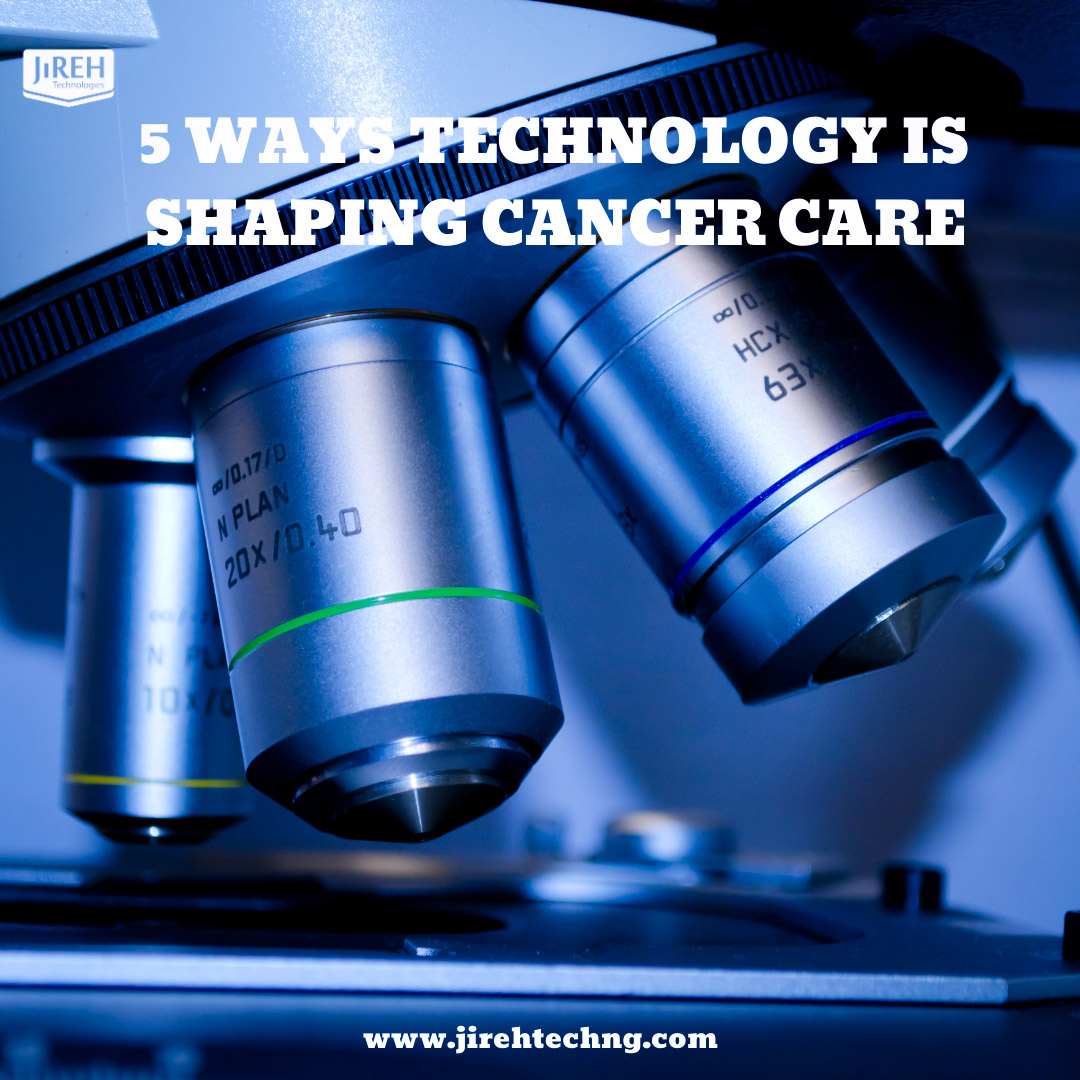In medicine and healthcare, digital technology could help transform unsustainable healthcare systems into sustainable ones, equalize the relationship between medical professionals and patients provide cheaper, faster and more effective solutions for diseases – technologies could win the battle for us against cancer, AIDS or Ebola – and could simply lead to healthier individuals living in healthier communities.
- Precision surgery
Surgeons using surgical robots such as DaVinci are capable of performing operations with previously unachievable precision. By making the robot an extension of the surgeon’s mind and skills, operating tumors in early stages, or tumors in close proximity to sensitive organs might become more feasible than ever.
2. Multi-functional radiology
Without doubt, the future belongs to interdisciplinary innovations. Neurosurgeons at the University of California, San Diego School of Medicine and UC San Diego Moores Cancer Center used magnetic resonance imaging (MRI) guidance for delivering gene therapy as a potential treatment for brain tumours. Similar innovations in treatment delivery would decrease side effects significantly while boosting treatment effectiveness.
3. Artificial intelligence based therapy design
Even if we can extract tumour cells from blood and sequence their DNA as fast as possible, making a decision about which treatment to choose next is still a struggle. No oncologist can see through the millions of studies and thousands of clinical trials by keeping all of the patient’s parameters and mutations in mind. Artificial intelligence algorithms can. IBM’s supercomputer Watson has been used in oncology for years, finding the most personalized treatment by sifting through all available evidence in minutes.
4. Molecular cancer diagnostics
Companies like Foundation Medicine are creating customized treatment plans based on the genetic makeup of the patient’s tumour. They sequence DNA from the patient’s tumor, and try to match the key mutations to drugs on the market or clinical trials already on the way. Over time, this will become the standard for assigning cancer treatment regimes.
5. Real-time cancer diagnostics
An intelligent surgical knife (the iKnife) was developed by Zoltan Takats of Imperial College London and works by using an old technology where an electrical current heats tissue to make incisions with minimal blood loss, but with iKnife the vaporized smoke is analyzed by a mass spectrometer to detect the chemicals in the biological sample. This allows real-time identification of malignant tissue. Surgeons will love this surgical Jedi knife which can significantly reduce the length of operations in oncology.
Culled from the Medical Futurist


